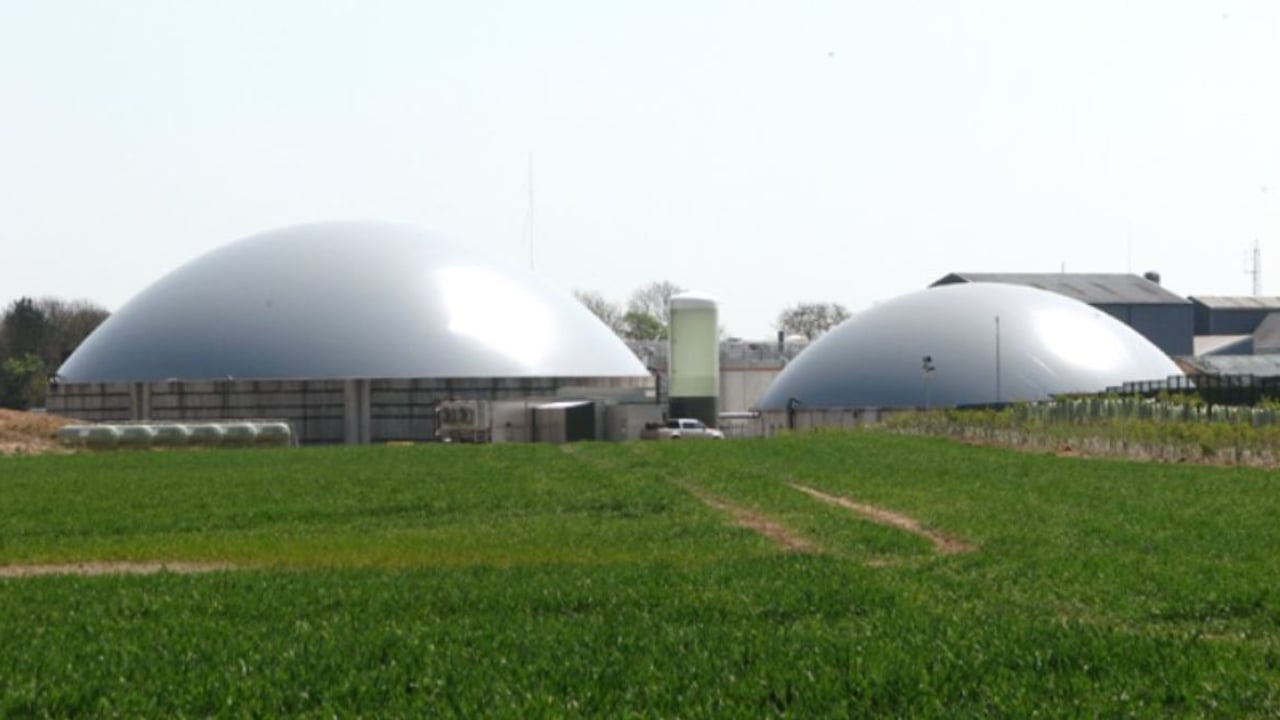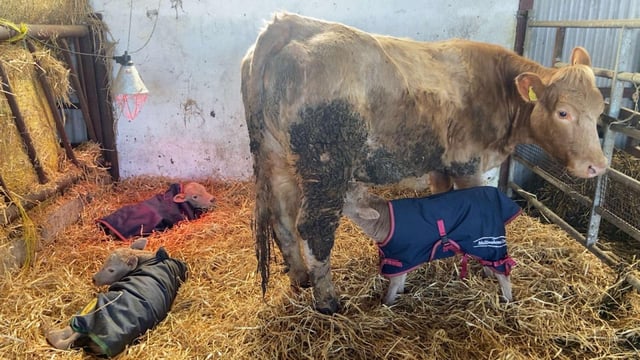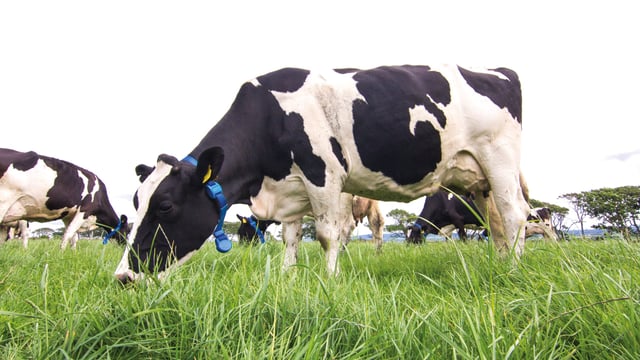Agri-business fails in attempt to build anaerobic digestion facility
A family-owned agri-business that has a contract worth almost €100 million with Tesco to supply certain vegetables has failed in its contentious bid to secure planning for an anaerobic digestion (AD) facility for Collinstown, Lusk in north Co. Dublin.
This follows Fingal County Council refusing planning permission to Country Crest for the facility after a micro-boutique winery and other locals objected.
The council has refused planning permission to Country Crest after concluding that it was unacceptable due to the land-use zoning of the site as the council considered the proposed facility ‘industrial’ and unacceptable concerning its visual impact.
The council pointed out that the proposal would not be directly connected to the local rural community, nor would it serve the local rural economy as the majority of raw materials required would be sourced from outside the local rural area.
The planners also refused planning permission after finding that when viewed collectively the proposed buildings connected to the proposal cumulatively would have a profound negative impact on the visual amenities of the application site.
The council stated that the proposed development would be visually obtrusive and would seriously injure the amenities of the area.
The refusal comes only months after the fourth-generation agri-business, led by Gabriel and Michael Hoey, signed a new contract with Tesco where it will continue to grow, and pack all Tesco 'own brand' fresh potatoes, onions and sweet potatoes for Tesco Ireland.
The agreement, until September 2027, will see Tesco source over 27,000t of fresh produce annually from Country Crest which employs more than 100 people at its production site in Dublin.
In planning documents lodged by Country Crest UC with Fingal County Council, it stated that the AD facility will generate 49,045t of liquid digestate and 9,342t of solid digestate per year as the main by-product expected from the biogas production via AD.
The liquid and de-watered digestate is to be used as organic fertiliser.
In total, 12 objections were lodged against the plans and one of those to object was owner of Lusca Vineyard at Quickpenny Road, Lusk.
In his objection, the vineyard owner told the council that the Country Crest proposals "are of potentially huge significance to the area of Lusk and environs”.
“As a resident of Lusk, and as a horticultural food producer myself, in proximity to the Country Crest facility, I have grave reservations as to the suitability of Country Crest to be permitted to develop and run a waste disposal / waste processing and gas generation plant as proposed in this planning application," he stated.
Another local resident told the council that the anaerobic digester “will lead to an unacceptable deterioration of the general Lusk village environment, especially in relation to visual impact, offensive odours, excessive noise, plant emissions, increased HGV [heavy goods vehicle] traffic on all roads”.
A further objection stated: “I object based on environmental grounds for the long-term sanctity of the residents and wildlife in the area.
“Given the proximity of the proposed site to a number of private dwellings and the potential impact from prevailing wind pollution that such a plant would generate to the wider surrounding area from the outline development at the proposed location," the objector stated.





